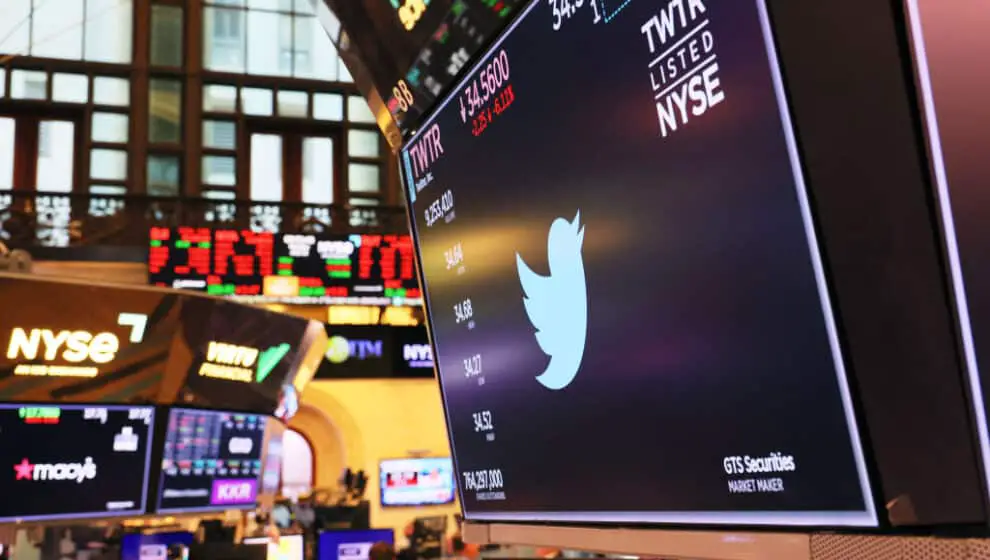A slowing economy and Elon Musks’ equivocation led to a sluggish quarter for Twitter.
The social-media company reported second-quarter earnings this morning, providing real data about how the company’s battle with prospective buyer Elon Musk is affecting its performance. The report shows a slight decrease in revenue but an increase in daily active users (DAUs) in 2Q22, compared to this time last year. Twitter shares have been flat following the news.
Bloomberg compiled the most important numbers from the announcement compared to how Wall Street was expecting the company to perform.
- Revenue $1.18 billion versus $1.32 billion expected
- Adjusted Earnings Per Share (EPS) -$0.08 versus $0.14 expected
- Monetizable DAUs 237.8 million versus 237.5 million
While revenue was down 1% year-over-year, its number of DAUs was up a whopping 16.6% compared to a year ago, which the company attributes to “ongoing product improvements and global conversation around current events.” The company’s expenses totaled $1.52 billion, an increase of 31% year-over-year. Twitter said that $33 million of that cost was related to Elon Musk’s pending purchase.
“Overall we would characterize the DAU metrics as better than feared and holding up relatively firm in this environment,” Wedbush analyst Dan Ives says. “When compared to the nightmare quarter of SNAP last night,” referring to the dismal earnings report of Snapchat parent company, “it shows digital ad spending is not falling off a cliff like feared, which is a positive for others in the space such as Facebook, Pinterest, and Google.”
Twitter management blames both the economy and Elon Musk for its sluggish quarter. It cited “advertising industry headwinds associated with the macro environment as well as uncertainty related to the pending acquisition of Twitter by an affiliate of Elon Musk.”
In April, Elon Musk announced that he held a 9.2% stake in Twitter, which made him the social-media company’s largest shareholder. Twitter’s stock price soared 25 percent after the announcement.
Later that month, the billionaire entrepreneur offered to buy all of Twitter at $54.20 per share—equaling about $44 billion. He said he originally invested in the platform because he believes it is failing in its potential to be the leading platform for free speech around the globe. In fact, he asked his 2 million followers if Twitter adhered to principles of free speech, and 70 percent said “no.”
Then in July, Musk decided to back out of the deal, claiming there were too many fake accounts on the platform. Twitter has since sued Musk in Delaware Court of Chancery to complete the deal and requested the trial to take place in September. Musk, on the other hand, wanted to delay the trial until February 2023, stating that a case of this size takes time to prepare.
Earlier this week, Twitter was granted its wish of an expedited trial. Chancellor Kathaleen McCormick, the presiding judge, set a five-day trial for October.
